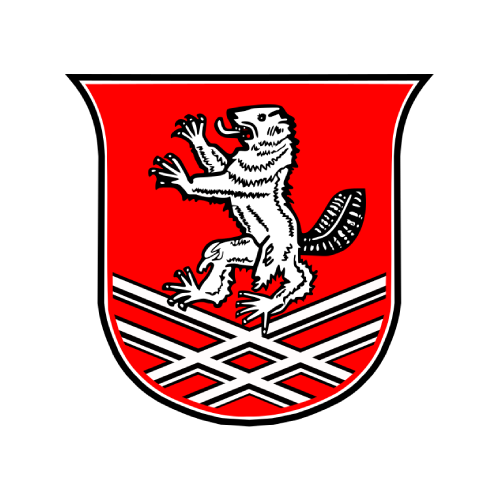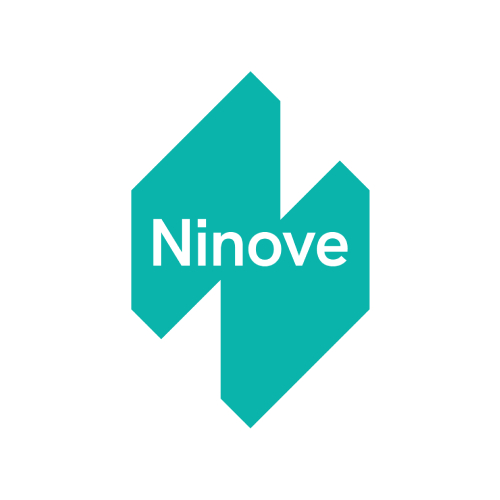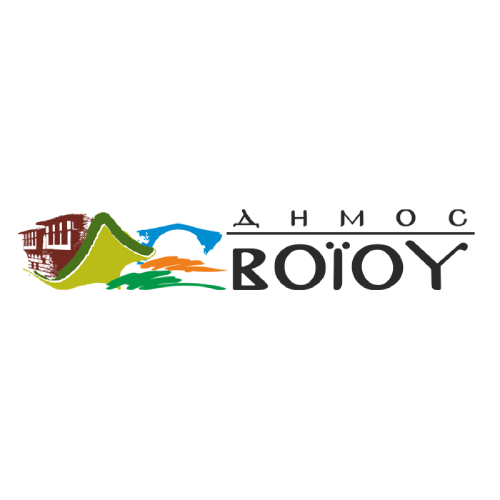Policy platforms
While LNPPs bring together different kinds of stakeholders to discuss local practices in each field, the EPP allows them to get in touch and discuss practices from different municipalities involved in the project. This is also the first step, which should provide the grounds to build a wider platform capable of going beyond the limit of the project itself. Here, you will find all information and documents regarding LNPPs’ activities in each municipality and EPP meetings.

Bebra, Germany
1st Local-National Policy Platfom
The first LNPP has been held on the 12th May 2022 with the participation of 15 people from the municipality, the local Integration Committee and civic society. During the event, many issues have been discussed, among which the importance of language courses and how to organise the support for Ukrainian refugees. Various reports from local institutions have also been analysed, dealing with childcare places, social cohesion programs, street work and youth work, and, finally, a new project to make parents of 0-3 years children meet, access useful information and exchange ideas.
2nd Local-National Policy Platform
The second LNPP took place on the 17th November 2022 in Bebra Town Hall with the participation of 10 people and including representatives of Bebra municipality, the Integration Committee and the Department of social affairs. In this occasion, FH Erfurt team presented the main results of the PISTE project up to this moment and Bebra representative Christina Kindler discusses feedbacks from the 1st EPP, organised in Fermignano, stressing similarities between Bebra and other contexts presented in the event and the necessity to address racism in a clearer way at the local level. This latter element also brought to the proposal of reviewing the language of local publict acts to eliminate potentially discriminatory expressions. Finally, participants discussed about the online meeting of the Integration Commission Municipalities Network, which involves German towns up to 50.000 inhabitants to exchange impressions about their integration commitees. In this case, it was pointed out that these commissions are still in their starting phase in many of these places and that their function is sometimes misunderstood, reducing the power of these bodies to the organisation of cultural festivals and events.

Fermignano, Italy
1st Local-National Policy Platform
On 16th July 2022, 14 people coming from the municipality, local associations and trade unions and immigrant associations join the first Italian LNPP. During the meeting, the PISTE project and the local context of Fermignano have been presented to participants and discussed with them. During the discussion, some important elements emerge: 1) the acknowledgement of the needs of the Islamic community, for which the opening of an Islamic cemetery has been identified as a crucial step; 2) the importance of intercultural events; 3) the need to access professional qualification and recognise non-formal skills; 4) the implementation of family-based reception for refugees outside the reception system.
2nd Local-National Policy Platform
The 2nd Italian LNPP saw the participation of 19 people from various backgrounds, including civic society actors and immigrant associations. Participants discussed in particular which obstacles emerge for people with immigrant background to participate in the local networks of civic society actors, highlighting the lack of cohesion around specific claims that interest some groups but not others, the lack of inclusion of people with immgirant background in associations dealing with non-immigration-related issues and the need for information and civic education about local participation forthe whole population and especially for what concerns the youngest cohorts. The role of bridging figures and related pros and cons was also a topic addressed in the discussion. Finally, a specific session within the LNPP was dedicated to how to improve the participation of women with immigrant background and different experiences have been presented, also focusing on informal and network-based forms of participation.

Ninove, Belgium
1st Local-National Policy Platform
The first LNPP took place on the 15th June 2022 with the participation of 10 persons, including social workers of the municipality and representatives of the civic society and immigrant communities. The aims and the structure of the project, as well as the local context of Ninove, have been presented as a preliminary step to feed the discussion of interesting practices at local level. During the event, various policies from Ninove and surrounding small towns have been discussed, such as for instance the experience of the “Toe_komst groep” in Denderleeuw, the AMIF project “Active and Shared Citizenship”, and the Changemakers project, aimed at improving diversity in local consultation forums, boards and organisations.
2nd Local-National policy Platform
The 13 participants to the 2nd Belgian LNPP started discussing feedbacks about the 1st EPP, focusing on the importance to consider local specificities but also on the need for policies to constantly reinvent themselves to adapt to a situation that is constantly changing. Then, participants discussed the design of the policy experiment, planned for PISTE WP5, which focuses in Belgium on the enhancement of the local participation of young people with immigrant background and is organised in cooperation with local youth organisations. Finally, a focus group was organised around the question “Is Ninove ready for migration? Who are the players, what is their vision, what is their capacity and how do they work together?”. Among theses that was addressed, large space was dedicated to the importance of locally embedded bridging figures, the need to have a diverse workforce and that to design participation strategies that are linked to people daily needs.
Voios, Greece
1st Local-National Policy Platform
On the 5th July 2022, the first Greek LNPP has seen the participation of 10 people, including municipality representatives and managers and social workers from the shelter for unaccompanied minors of Pentalofos, a localiy within the municipality of Voio. Moderators from Human Rights 360 have presented the PISTE project and the local context, stimulating the discussion, which have been mostly focused on the needs of minors within the structure. In particular, participants have pointed the attention on the necessity of strenghtening relations with locals and working with the local school. Among the challenges, the main one has been identified in the fact that most minors do not want to remain in Greece.
2nd Local-National Policy Platform
People coming from Voio municipality, from the unaccompanied minors’ shelter and from social services were among the 9 participants who joined the 2nd Greek LNPP under the conduction of Human Rights 360 staff. The first part of the platform focused on the structure of the local network of civic society actors, pointing out how many of them are actually concentrated on cultural and folkloristic issues, but not on immigration-related topics. Then, various proposals concerning the policy experiment to be organised in Greece in the context of unaccompanied minors’ reception were addressed and discussed, also proposing some milestones.
The European Policy Platform
1st European Policy Platform
On the 15th and 16th October 2022, 28 persons among policy-makers, civic society representatives and researchers from the four fields of the PISTE project met in Fermignano (Italy) for the first European Policy Platform to discuss together about their local contexts and exchange interesting practices. Representatives of Bebra, Fermignano, Ninove and Voio presented their own immigrant policies, while researchers helped to focus more deeper one “interesting practice” for each country, connected to the political participation of immigrants in small- and medium-sized towns. Some issues that emerged as particularly relevant in all contexts are: the degree of centrality and the presence of borders conceived in various ways, the importance of bridging figures and of language, as well as the availability of resources and the history of local immigration. Next EPP has been scheduled for the Autumn 2023 in Ninove.
